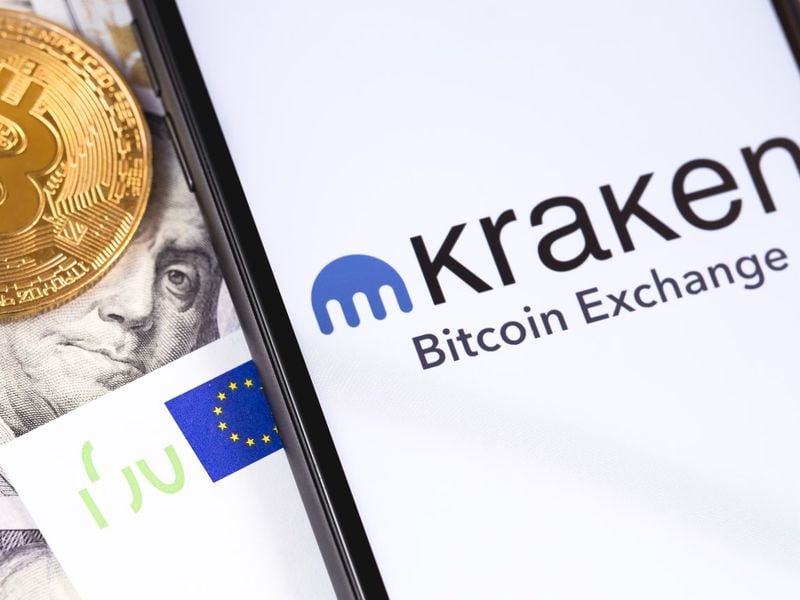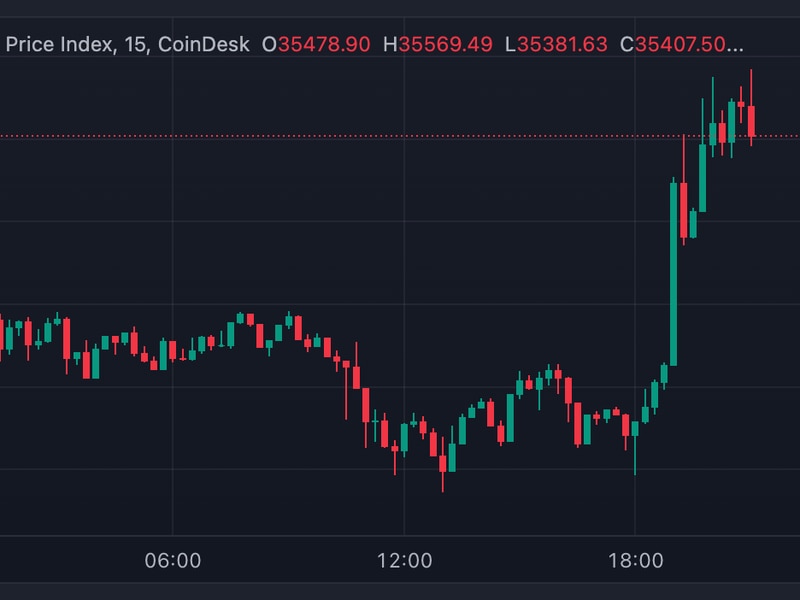A Bitcoin ETF Will Never Be Your Bitcoin
In recent weeks, newly approved U.S. bitcoin ETFs have had stunningly popular launches, judged by trading volume and flow metrics. However, these ETFs have nothing to do with the true utility of Bitcoin, which is to facilitate peer-to-peer transactions and circumvent traditional intermediaries.
Bitcoin ETF investors merely get exposure to the price of Bitcoin. They never own the asset. ETF participants don’t benefit from what Bitcoin stands for in the first place, which is to allow anyone to experience financial ownership and sovereignty. This is precisely what Bitcoin’s anonymous inventor Satoshi Nakamoto aimed for when writing the Bitcoin white paper 15 years ago.
The main problem with Bitcoin ETFs is that they merely replicate the functioning of our outdated financial system built on old technologies. By relying on intermediaries, Bitcoin ETFs reintroduce counterparty risks that have underpinned finance for decades. Take Lehman Brothers, and more recently FTX or Silicon Valley Bank. These are just a few examples of traditional players mismanaging their clients’ assets and wiping out billions of dollars in the snap of a finger.
Crypto is the way out of this flawed, archaic system, which currently satisfies only 9% of Americans. In addition to facing counterparty risks, Bitcoin ETF investors are also locked within the confines of the U.S.-centered financial system, while crypto’s core attribute is to enable anyone to access a permissionless network and benefit from an unparalleled level of decentralization.
ETFs have frontiers, while crypto is permissionless. The two stand radically opposed.
Importantly, Bitcoin ETF investors don’t own what truly matters in crypto: a “private key” or a secret, algorithmically-generated code mathematically proving that users are their digital tokens’ sole owners. Holding these keys is the only way for people to interact with the world of crypto, own Bitcoin, get involved with decentralized finance, and leverage decentralized apps with ownership and freedom. Private keys are entry points to the future of finance and the future of the Internet. That’s something ETFs will never be able to provide.
Besides contradicting crypto’s utility, let’s not forget that Bitcoin ETFs are more expensive than the sovereign choice of secure self-custody. With Bitcoin ETFs, people pay fees ranging from 0.2% to 1.5% not to own the underlying asset. Furthermore, the need for security is as crucial for corporate players as it is for individuals onboarding crypto. Financial intermediaries engaged in ETFs, responsible for safeguarding their clients’ assets, must employ adapted security and governance frameworks to avoid FTX-like disasters.
Pro ETF
Does that mean that Bitcoin ETFs are a bad thing for crypto? Not at all. We’re not anti-ETFs at Ledger. Despite deviating from crypto’s stated end-goal, these traditional financial instruments will serve Bitcoin on multiple fronts.
First, besides bringing a fresh wave of new entrants gaining crypto exposure, Bitcoin ETFs have the potential to greatly popularize Bitcoin. In fact, the Bitcoin ETFs advertisements flourishing across U.S. soil highlights that ETFs are the most powerful marketing tools ever created for Bitcoin! On top of that, as Bitcoin is now accepted into the highest spheres of the financial system, it will also become much harder for skeptics to dismiss this crypto protocol as an instrument for illicit activities.
Second, I believe that Bitcoin ETFs are bound to serve as gateways to crypto’s promised land of self-custody, just as centralized exchanges did over the past years. A virtuous cycle might actually unfold where millions of people get ETF exposure to Bitcoin, learn the benefits of digital ownership, and ultimately opt for true self-sovereignty. Interestingly, from 2004, the approval of the first gold ETFs didn’t hinder gold’s private ownership either; instead, it popularized it.
Bitcoin ETFs are a form of window-dressing, but they are very real, and we should use them as a stepping stone towards the true promise of ownership and sovereignty of crypto.
Contrary to the skeptics’ belief, the future of Bitcoin isn’t to become a speculative asset merely stored in ETFs-like investment vehicles that mainstream investors would get exposure to. Instead, it’s a paradigm shift poised to re-write the rules of digital ownership and reshape value exchange — akin to how the internet transformed information exchange for billions.
Today, people are barely beginning to grasp the full range of use cases the crypto revolution will provide, just as they barely understood the true potential of the internet in the late-1990s. A revolution of this scale is a marathon, not a sprint. Bitcoin ETFs are just a step in the broader journey to crypto-enabled financial freedom. Only when mainstream users have true sovereignty over their assets will the true potential of crypto be realized.
Edited by Benjamin Schiller.









